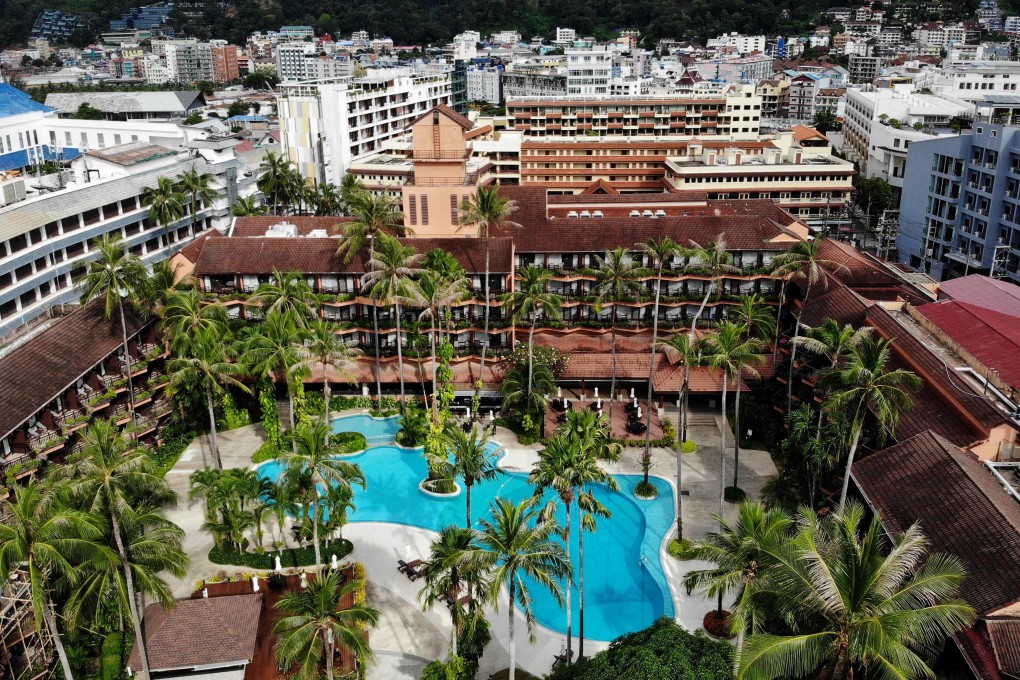The View | For Asia’s hotel investors, a light at the end of the tunnel?
- The prospect of a faster reopening of the global economy, underpinned by the mass roll-out of vaccines, is a boon to the hotel industry
- Buyers who acquire assets to rebrand and repurpose them while the recovery is still under way should be able to sell them at a premium later

The gauge has surged 63 per cent since November 6, compared with a decline of 3 per cent for an index of industrial and logistics-focused Reits, which benefited hugely from lockdowns as the coronavirus pushed more consumers online, prompting a rush for warehouse space.
Investors are eager to deploy capital in the sector. Private equity groups are expected to be the main source of liquidity following a dramatic fall in transaction volumes in 2020. According to data from JLL, investment activity plunged 63 per cent year on year as pandemic-induced restrictions decimated demand for leisure and business travel.
Indeed, there are already signs that investment activity is starting to pick up, particularly in the more transparent and liquid markets.

